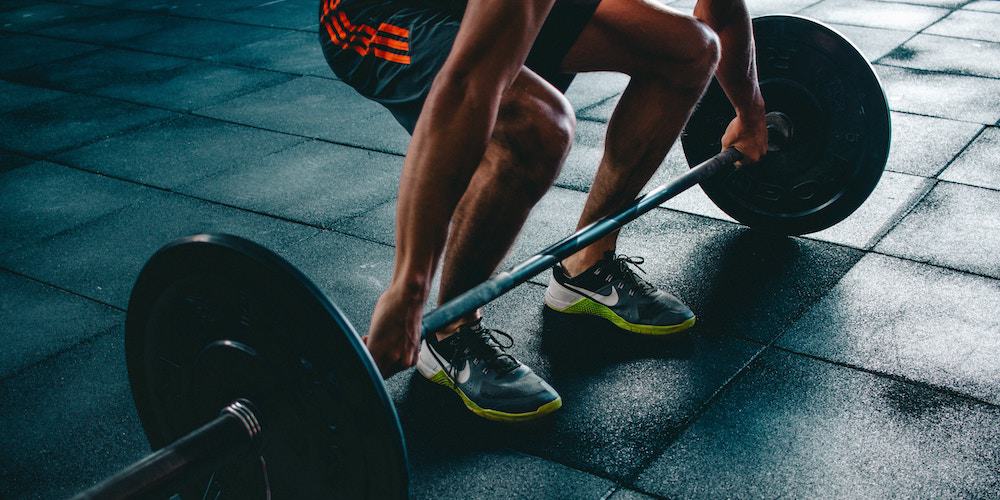Why is it a controversial product?
BCAAs, from the English Branched Chain Amino Acids, are three branched-chain amino acids and are the main building blocks of our muscle proteins. They are found in protein-rich foods.
But also as dietary supplements, popular among people who exercise, particularly those who do weight training.
BCAAs have a controversial past. Originally, the first dietary supplements that appeared on the market were synthetic BCAAs manufactured in Asia from animal hair and feathers (ducks, geese…) and even from human hair.
Unfortunately, low-quality products still exist today and even dominate the market!
How good are Vegan BCAAs?
New BCAA formulas have appeared on the market with the rise of veganism. To offer a new option, many brands have developed Vegan BCAAs produced from fermented wheat or corn.
After several chemical transformations, the glucose extracted from the carbohydrates in the grains is converted through multiple chemical and enzymatic steps into leucine, isoleucine, and valine.
Although labeled Vegan and not animal-derived, BCAA supplements remain an ultra-processed product.
Read also | How to choose the best BCAAs according to a dietitian
What should you look for in formulations?
This dietary supplement can be found in several forms: simple powder-format tablets to be diluted in water.
Some powdered BCAAs have very poor nutritional quality. Here are ingredients that I consider bad and that are found in some powdered BCAA formulas:
- Artificial flavors
- Preservatives: citric acid
- Synthetic colorings
- Sweeteners: sucralose, acesulfame K
- Anti-caking agents: silicon dioxide
- Emulsifiers
Are BCAAs considered to be performance-enhancing (doping)?
No, they are not part of WADA’s list of banned substances.

Are BCAAs dangerous for your health?
BCAAs are not dangerous to health. No study has shown any adverse effects in healthy people following their consumption.
BCAAs provide proteins that produce ammonia waste during digestion. This increases your kidney filtration. I therefore do not recommend them to people suffering from kidney failure.
Furthermore, I do not recommend BCAAs to children, adolescents, and pregnant or breastfeeding women.
Where can you find high-quality BCAAs?
BCAAs are easily found in the diet (1.1 g of BCAAs for 2 eggs) and are abundant in dietary proteins (meat, fish, eggs).
As a dietary supplement, they are found in native whey protein isolate, which is a source of good-quality BCAAs. This whey provides about 7.5 g of BCAAs per 30 g of powder.
Read also | Our criteria for choosing the best whey
My final advice
💡 Should you consume BCAAs alongside your exercise routine?
Yes, but I do not recommend taking them as isolated BCAA supplements.
💡 I strongly recommend opting for native whey isolate
You can find this at around €30 per kilogram. It will easily provide your daily quota of BCAAs (7.5 to 15 g/day when supplementing) and will be truly effective in helping you reach your goals.



